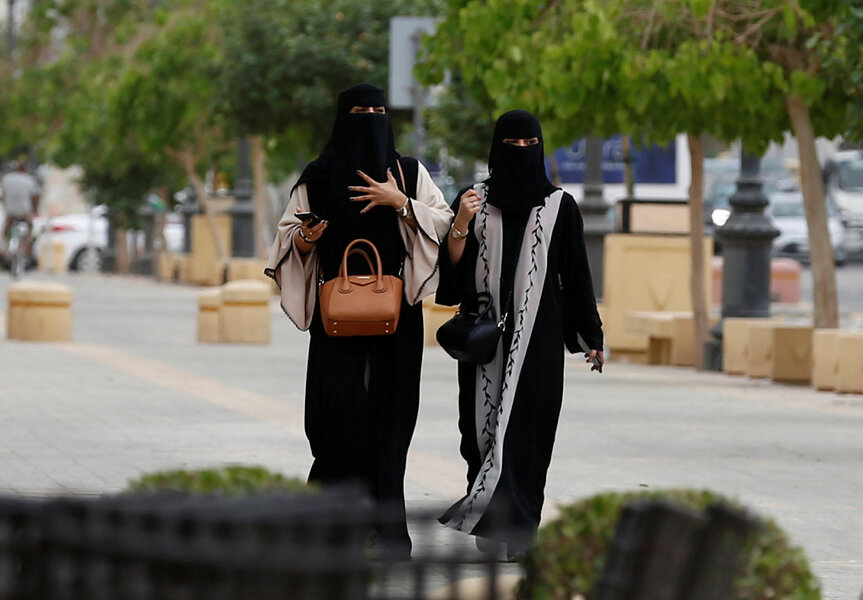How Saudis claim freedom
For his first official trip abroad, President Trump will be in Saudi Arabia this weekend, attending a dizzying number of public events. Yet much of his experience, like that of many other visitors, will be staged by the Saudi government – one that still limits basic freedoms for its people. If Mr. Trump were to visit a local bookstore, however, he might take note of a book that has been a top seller among Saudis for weeks, “The Art of Thinking Clearly.”
Written by Swiss entrepreneur Rolf Dobelli with tips for independence in thought, the book’s popularity speaks volumes about what Saudis want in a society long controlled by a monarchy and clerical authorities. Also popular in neighboring Iran, the book affirms a phenomenon that is essential to create a free society: The desire to think for oneself is the first step in removing any mental shackles imposed by an autocracy.
In recent years, Saudis have taken to Twitter to speak out against government – despite the threat of a public lashing if they go too far in criticizing the monarchy. Among Middle Eastern countries, Saudi Arabia has the highest rate of online TV watching. And as might be expected, much of the independent thinking comes from women, one of the most oppressed groups.
“Don’t speak in the name of the people,” wrote Nora Shanar in the Saudi newspaper Elaph about recent government attempts to stage Western-style entertainment for young people. Tamador Alyami, a famous blogger, wrote this about a religious ban on women driving: “I’m calling on men to think for themselves, not to simply follow clerics, and for the government to act.”
Much of what is written in the Western press about change in Saudi Arabia assumes that it comes from the top and is driven by the need to adjust to low prices for Saudi oil exports and to reduce spending. Indeed, a powerful prince, Mohammed bin Salman, issued a plan last year called Vision 2030 that aims to create a non-oil economy and to loosen up on some social restrictions. But his plan is widely seen as a way for Saudi royalty to stay one step ahead of the country’s restless youth. More than 60 percent of the population is under 30 years old.
Societies that encourage people to think for themselves do so because they know truth cannot be imposed. It must be discovered and nurtured in each person’s thinking. When leaders don’t yet understand that, their people will seek out books and other ways to claim their mental autonomy.






